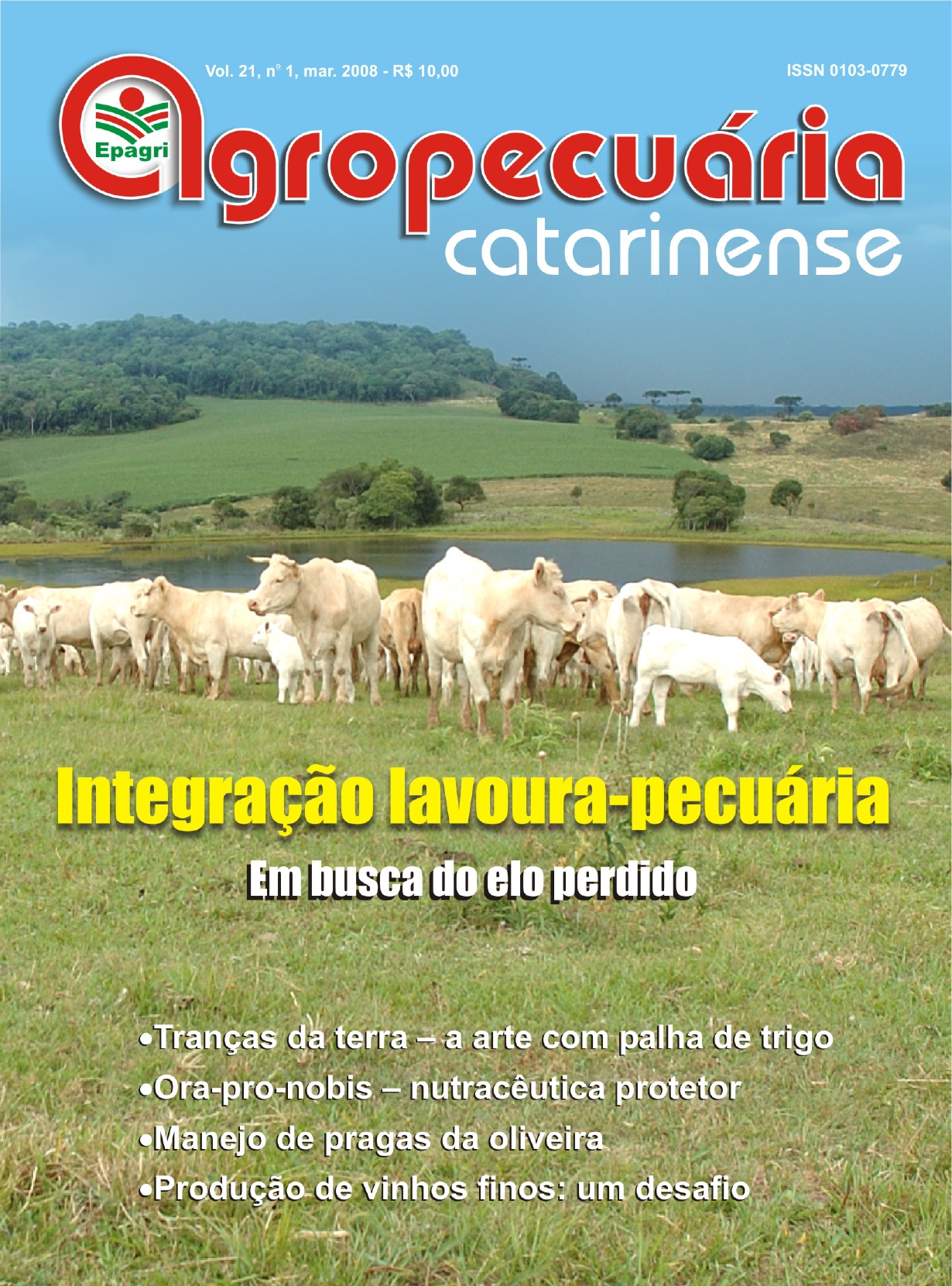Isolation and selection in sterile conditions of rhizobia for peas
DOI:
https://doi.org/10.52945/rac.v21i1.849Keywords:
Rhizobium leguminosarum bv.viceae, strain selection, nodulation, N fixationAbstract
Peas are nutritionally important for humans and animals. Ecologically and economically its valueraises from the ability to fix nitrogen symbiotically. Due to failures in nodulation under field conditions, a program
of isolation and selection of rhizobia for peas was carried out to establish future recommendations for inoculant
production. Three experiments were carried out and a total of 175 new isolations were tested under controlled
conditions, using sand + vermiculite (2:1) and nutrient solution. In two officially recommended strains (SEMIA
3007 and SEMIA 3012) inefficiencies were detected, but it was possible to recover the efficiency of the strain SEMIA
3007. This study showed the existence of potentially infective strains but not efficient in nitrogen fixation such
as EEL 5501. According to the selection stage achieved in this study, the strains recommended to continue in the
selection program in soil and field conditions are: EEL 2301, 2901, 3001, 5501, 3301, 3302, 6502, 6802, 7802 and 13402.
Metrics
Publication Facts
Reviewer profiles N/A
Author statements
- Academic society
- Epagri - Revista Agropecuária Catarinense
- Publisher
- Empresa de Pesquisa Agropecuária e Extensão Rural de Santa Catarina - Epagri
Downloads
Published
How to Cite
Issue
Section
License
Copyright (c) 2020 Edemar Brose

This work is licensed under a Creative Commons Attribution 4.0 International License.





